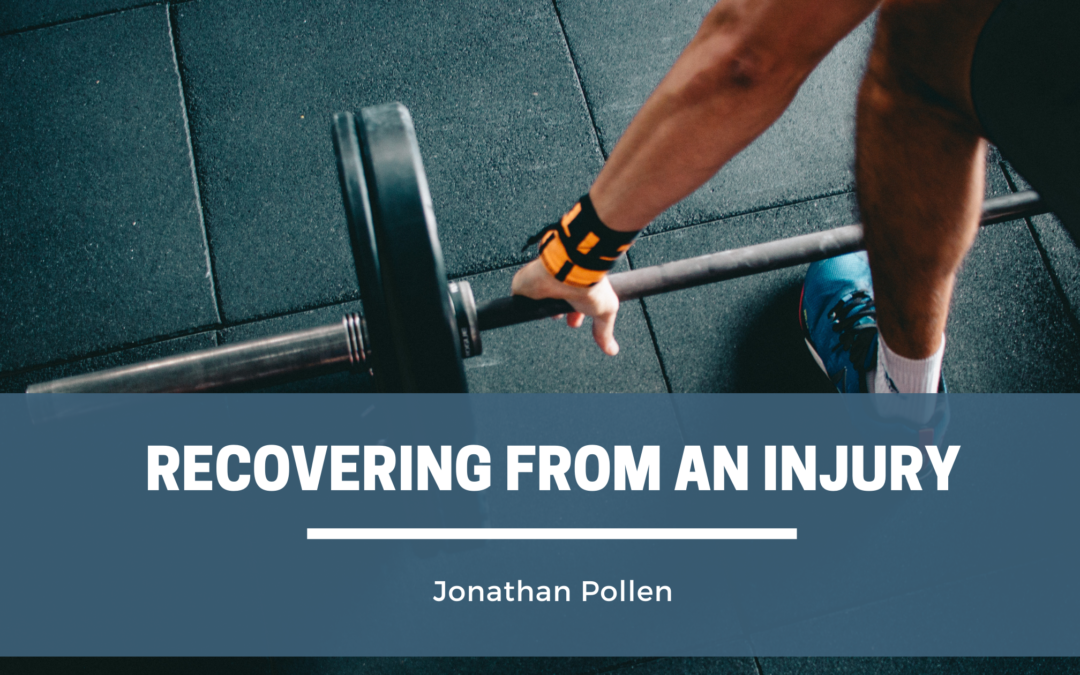Physical injuries can cause complications to the body and the mind. Depending on the injury, an individual may be required to limit their activity and potentially their work life. Although many people understand which types of medication to use and how to prevent further harm, mental health progress is rarely discussed.
Mental Health and Physical Injury
Physical injuries can include sprains, burns, cuts and fractures. While many of these cases are temporary, there are injuries that can last for a lifetime. Accepting these injuries may require more than just acknowledging their existence.
Until the injury occurred, “normal” life might have meant something entirely different. Accidents and physical conditions that affect the hands and legs can drastically change the way an individual operates. Day-to-day habits are often automatic and take time to reconstruct after an injury.
Acceptance and Control
It is perfectly normal to experience the five stages of grief after an injury. Regardless where the injury is felt or how severe the impact is, grieving the loss of “normal” is necessary before moving forward.
An injury can feel like a betrayal of the body. Without control over the body, autonomy may change. To understand what can be controlled, grieving what can’t is a good first step to mental health recovery. The five stages of grief include grief, anger, denial, bargaining, depression and acceptance.
Daily Adjustments
Once an injury has been accepted, small adjustments can help make life more comfortable. Handling situations differently does not mean the ultimate goal is unattainable. Before trying to tackle a physical conflict, creating clear goals is an effective way to progress step-by-step.
Problem-solving with an injury is the same as problem-solving without an injury. An individual must set specific goals that are realistic for the time frame needed. This goal should be measurable to chart progress. A time limit will allow the goal to have structure so that it is helpful and reasonable.
Asking For Help
Injuries can create a sense of vulnerability in both men and women. Regardless of age, an injury can inhibit what is possible. Sometimes achieving maximum independence depends on how comfortable an individual is asking for help.

